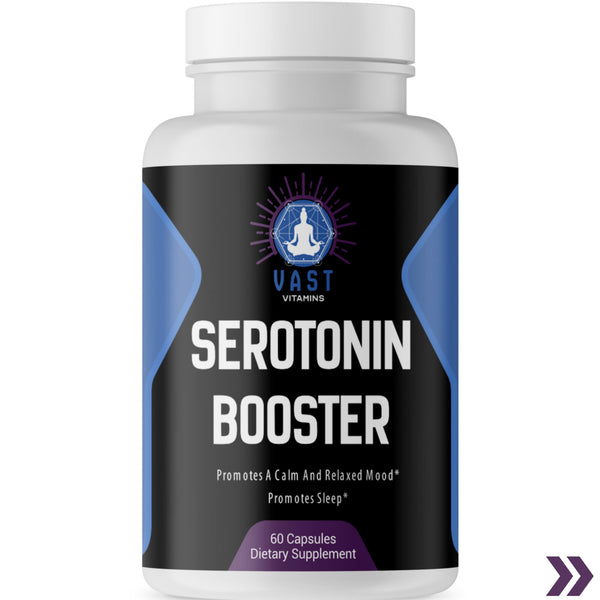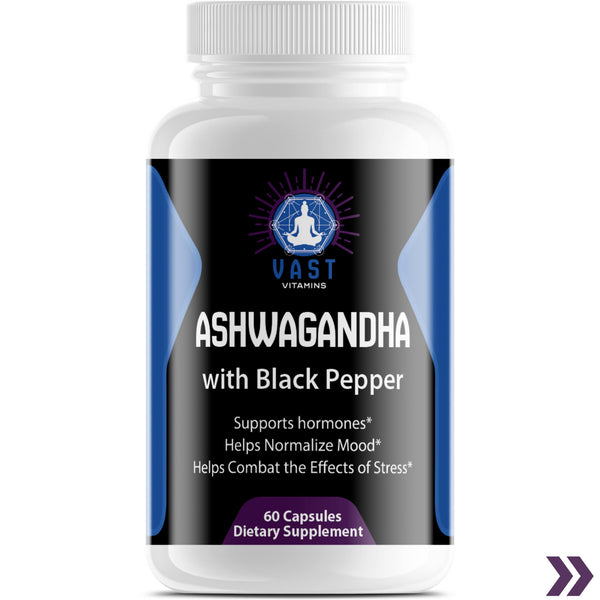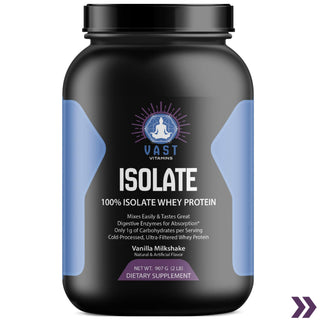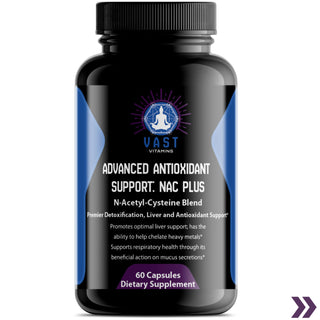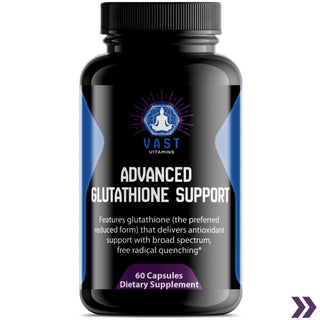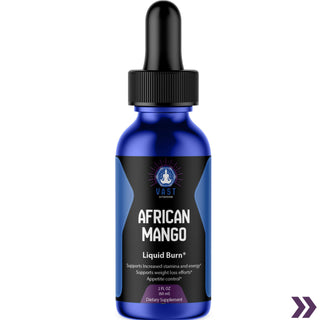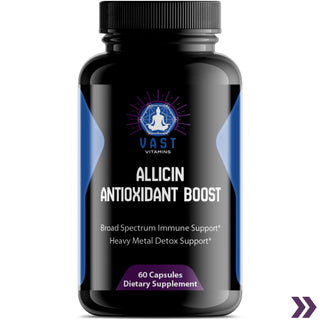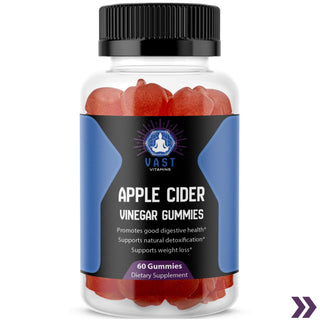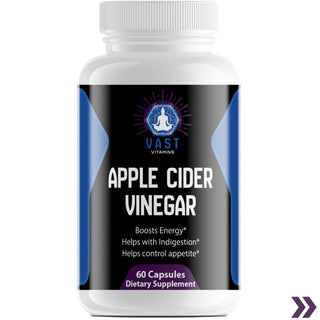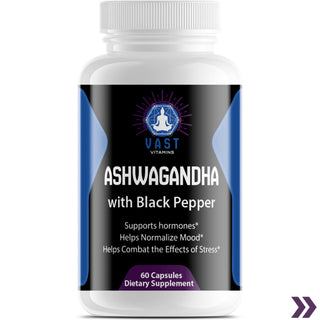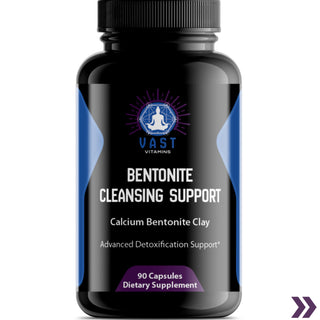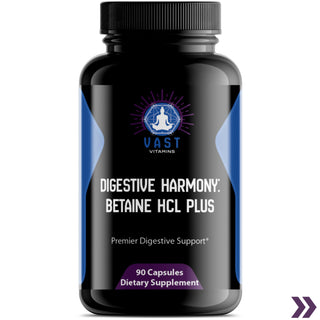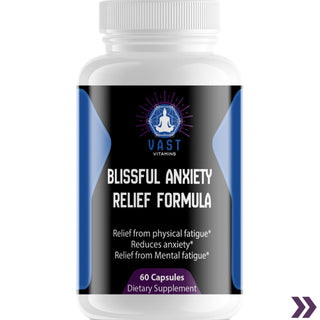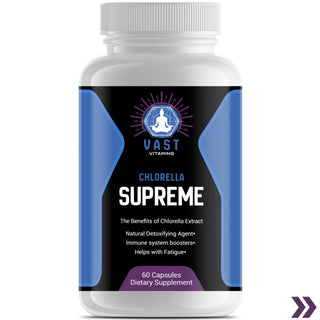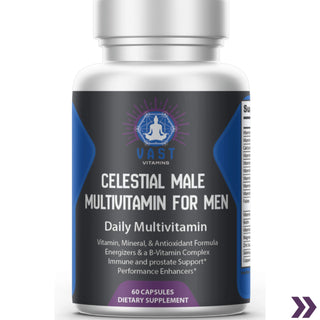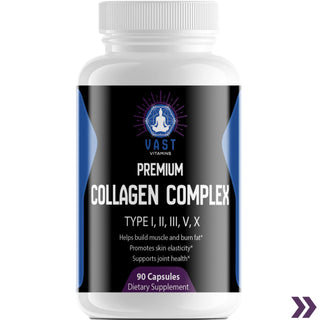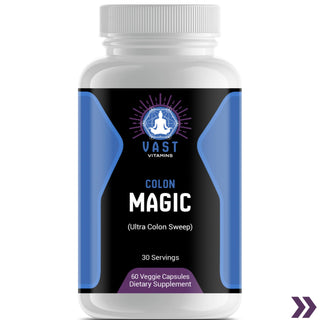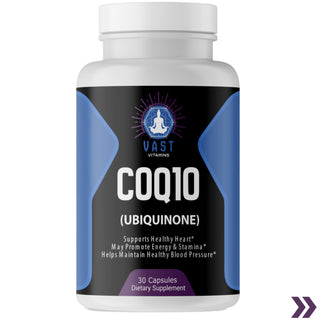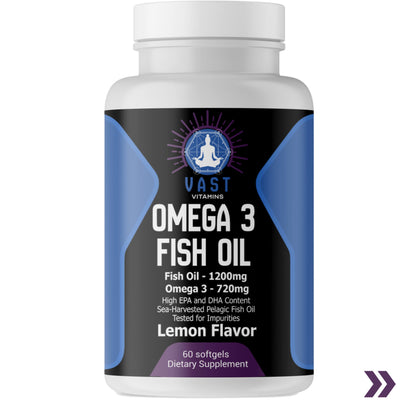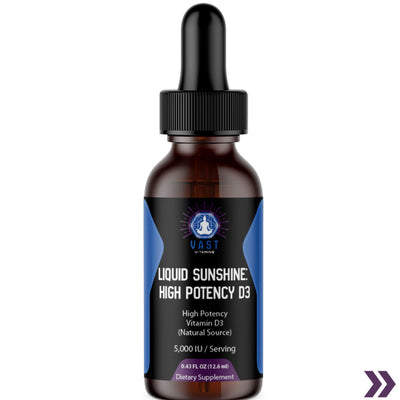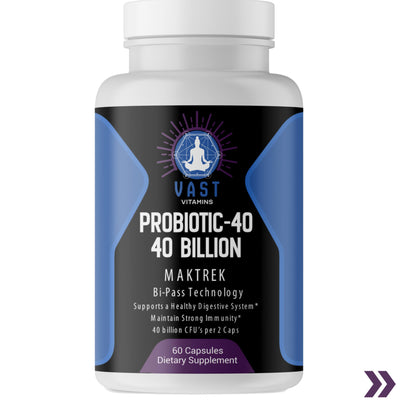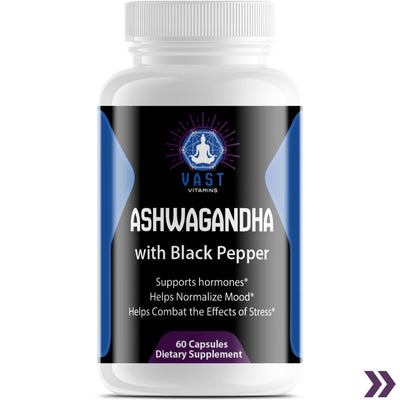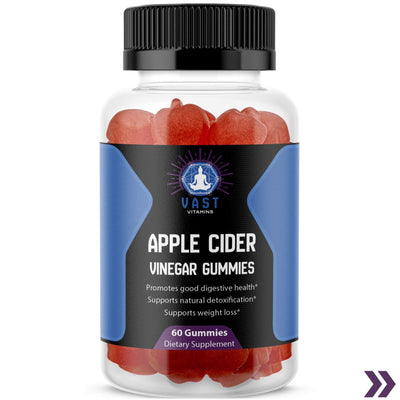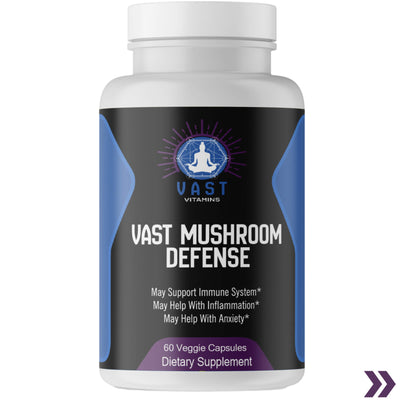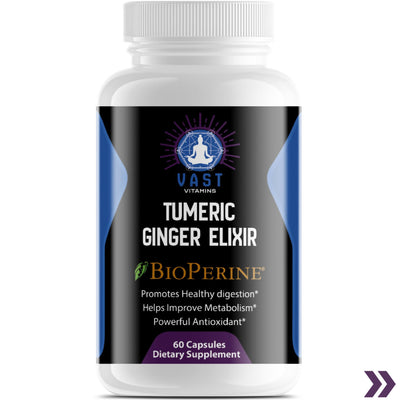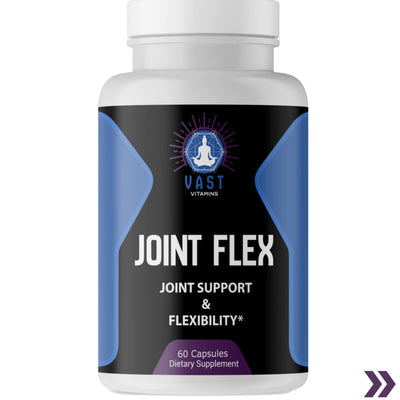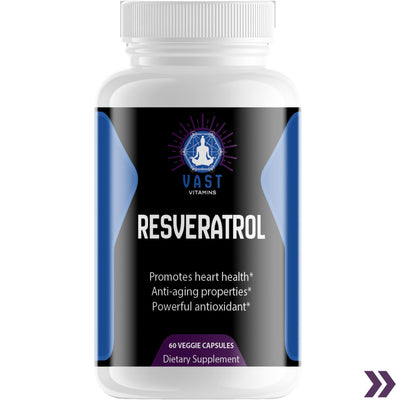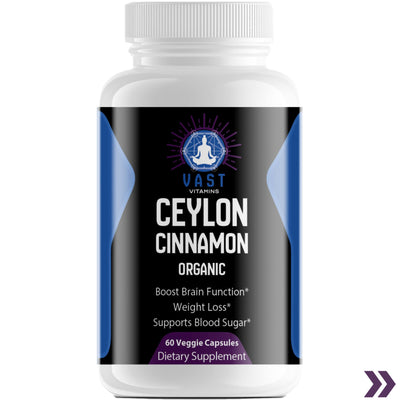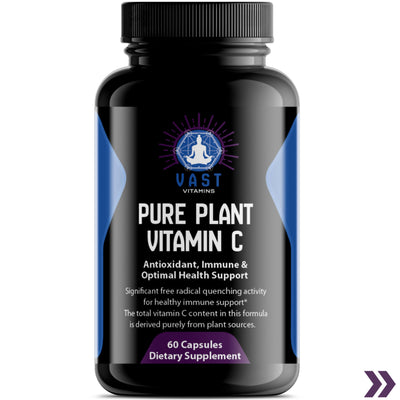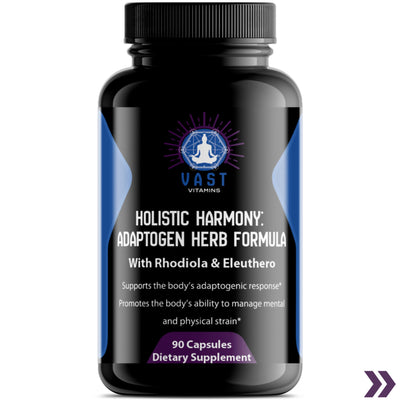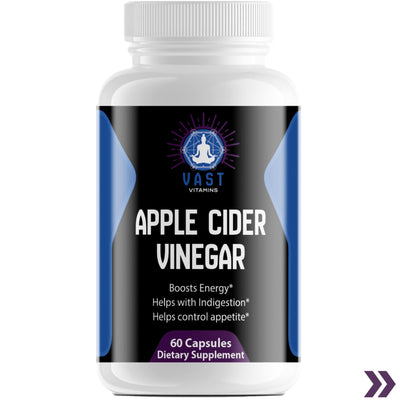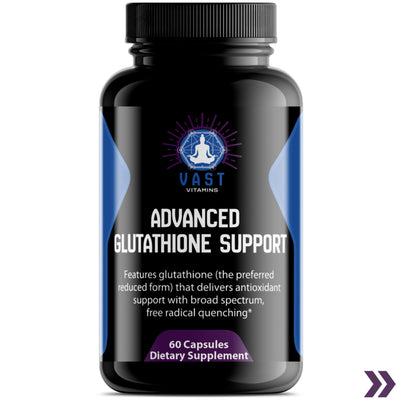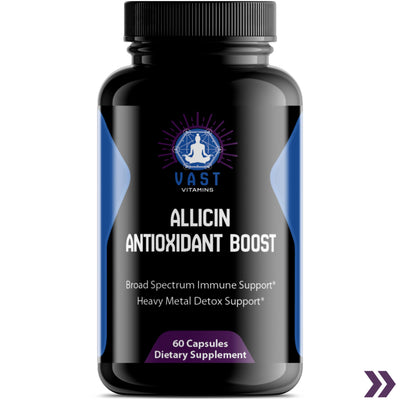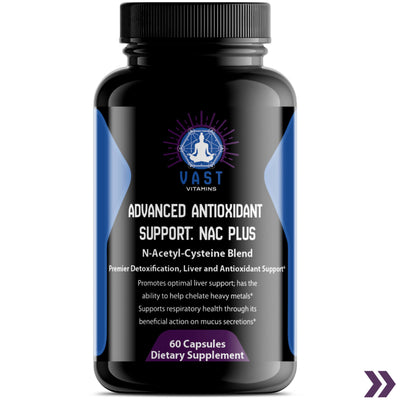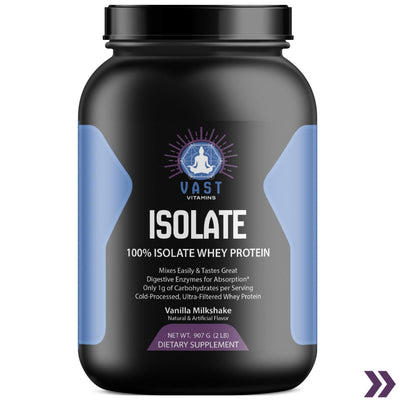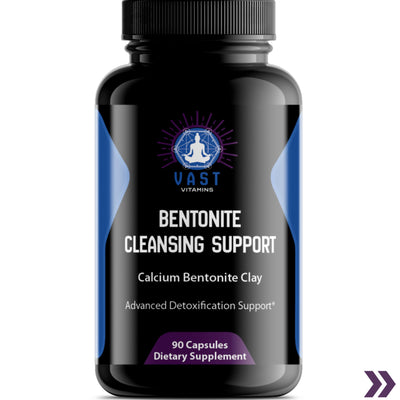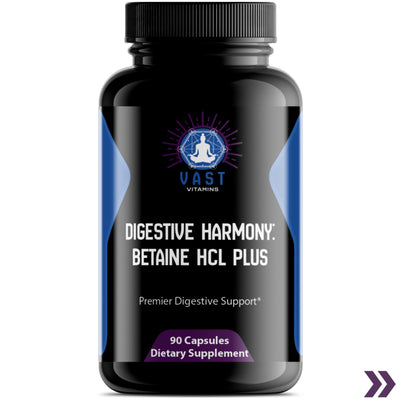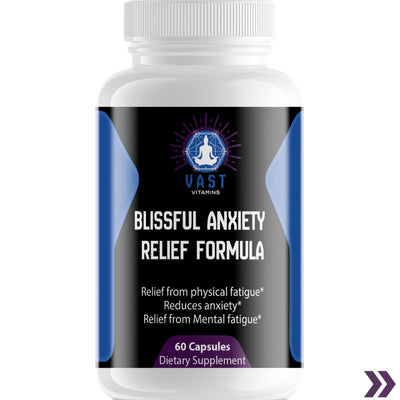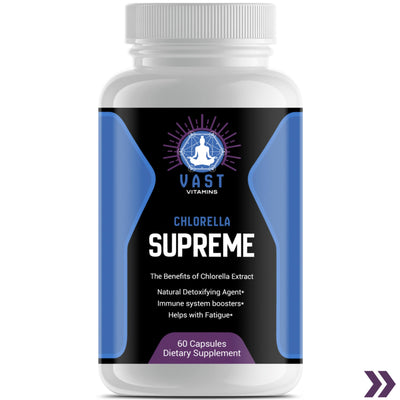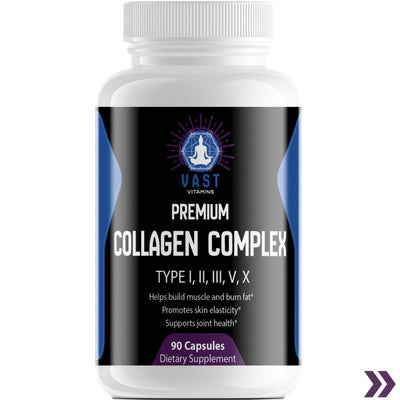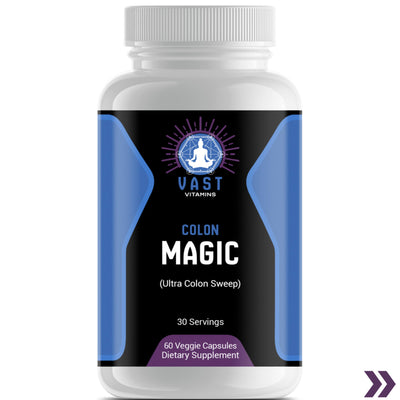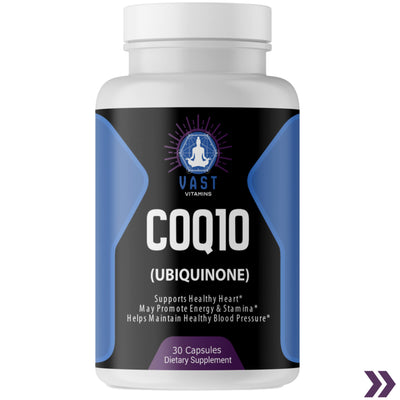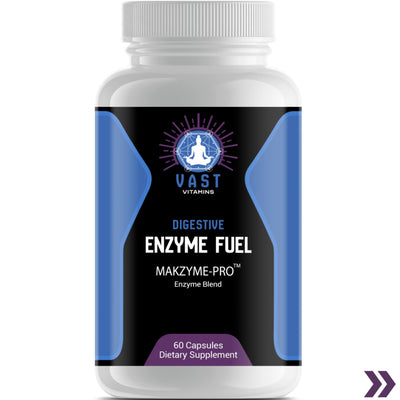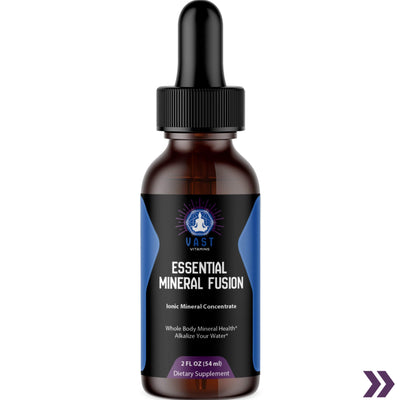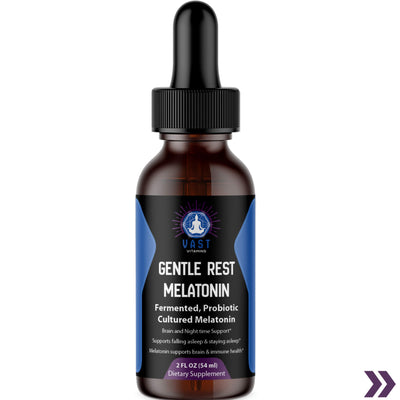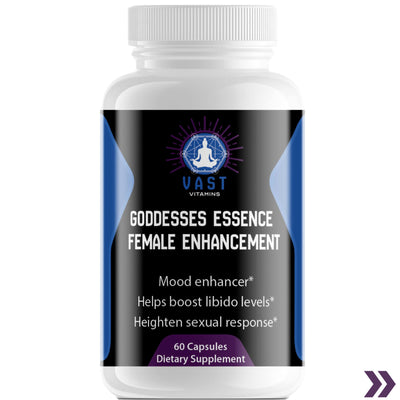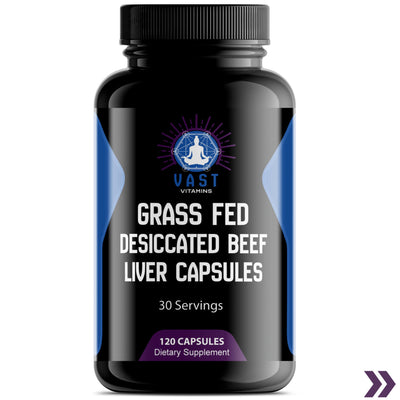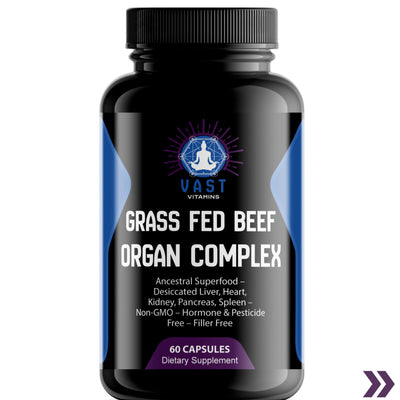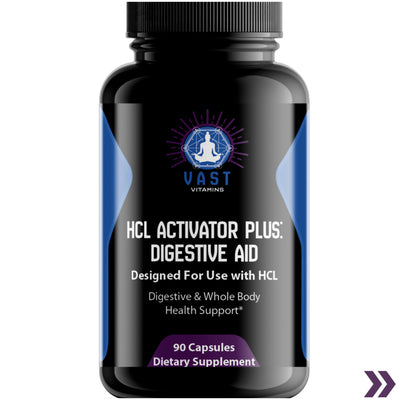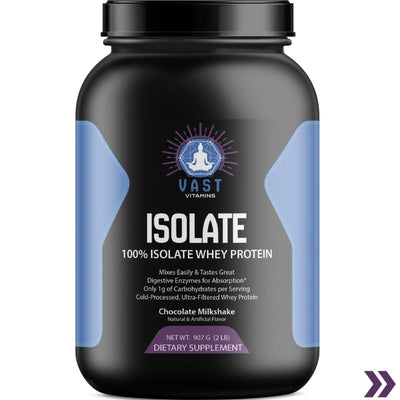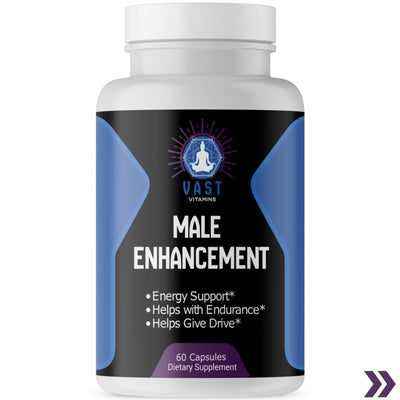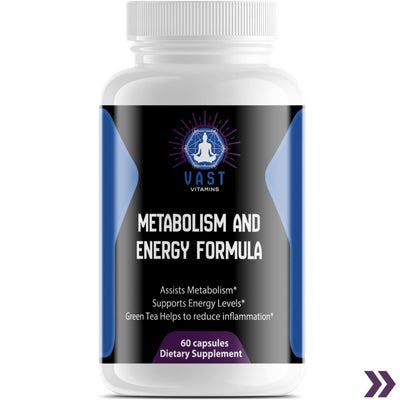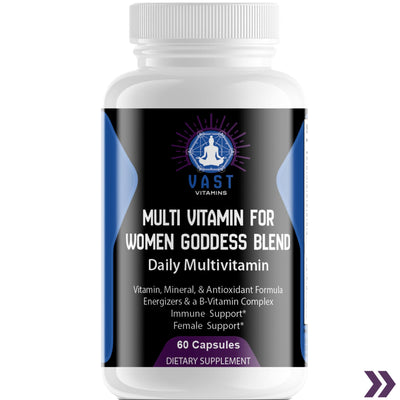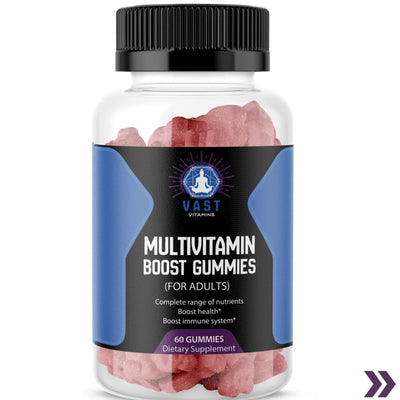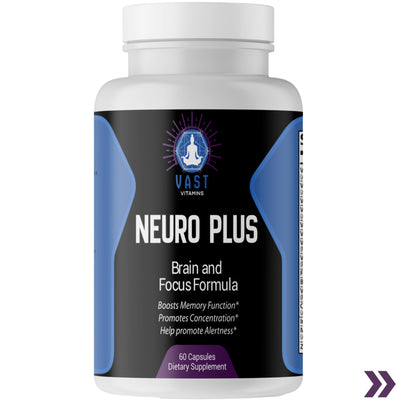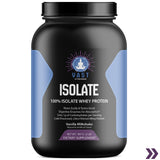
Good nutrition is essential for a healthy lifestyle, and many of us are aware of the need to get enough
- fruits
- vegetables
- and proteins
in our diets. However, there is one key component of a healthy diet that is often overlooked: healthy fats! In this article, we explore the surprising benefits of healthy fats and why they are an important part of any balanced diet. We look at the different types of healthy fats, how they can boost our health, and how to include them in our daily diets.
What are Healthy Fats?
Healthy fats are an overlooked yet important part of a balanced diet. Not all fats are created equal, and some are much better for our health than others. Healthy fats such as
- monounsaturated fatty acids (MUFAs)
- and polyunsaturated fatty acids (PUFAs)
can actually improve our health by providing us with
- essential nutrients
- lowering our risk of heart disease
- and other chronic diseases
These fats may even help to keep us feeling full and satisfied.
Here's how to get more monounsaturated fatty acids (MUFAs) in your diet.
MUFAs, found in
- olive oil
- nuts
- and avocados
are an essential part of a healthy diet. They are associated with a reduced risk of heart disease and stroke, as they are known to raise levels of good cholesterol while lowering levels of bad.
Here's where to find polyunsaturated fatty acids (PUFAs).
PUFAs, including omega-3 and omega-6 fatty acids, are important for brain function and development, helping to reduce inflammation and protect against heart disease. They can also be found in
- fatty fish
- vegetable oils
- nuts
- and seeds.
Healthy fats ensures our body is getting the nutrients it needs.
Including healthy fats in our diet is a great way to ensure our body is getting the nutrients it needs. Healthy fats help
- boost energy
- maintain cell structure
- and keep us feeling full for longer
Incorporating healthy fats into our diets can be done by eating foods like
- fatty fish
- nuts
- seeds
- and avocados
or by using a variety of healthy oils for cooking and baking. With the right dietary choices, you can enjoy the surprising benefits of healthy fats and reap the rewards for your health!

Heart Health.
Eating the right fats can actually protect your heart health, as well as help to lower your risk of
- heart disease
- stroke
- and other chronic illnesses
Healthy fats can also help to reduce inflammation and support overall health.
There are different types of healthy fats, including
- monounsaturated (olive oil and avocados)
- and polyunsaturated fats (fish, nuts, and seeds).
These fats contain essential fatty acids (omega 3 and omega 6) which are essential for our body and brain to function properly. Eating these healthy fats as part of a balanced diet can help to reduce bad cholesterol levels and increase good cholesterol levels in the body, thereby improving overall heart health.
Reduce the risk of certain diseases.
Including healthy fats in our diet is an important part of any healthy lifestyle. Not only do they provide essential nutrients, they can also help us to maintain a healthy weight and reduce the risk of certain diseases. When incorporating healthy fats into our diet, it is important to choose the right type of fats and use them in moderation. Eating a variety of healthy
- fats
- proteins
- and carbohydrates
can help to provide our bodies with the nutrients they need to stay healthy and prevent disease.
Mental and Cognitive Benefits.
Healthy fats provide essential vitamins and minerals to our bodies, they can also have a positive impact on our mental and cognitive development. Studies have found that regular intake of healthy fats can help to improve our
- focus
- concentration
- and overall mental clarity
The omega-3 fatty acids found in
- fish
- nuts
- and seeds
and other sources of healthy fats, have been found to reduce the risk of developing depression and anxiety. They can also boost
- cognitive performance
- enhance memory and learning
- and improve mood.
There is also evidence to suggest that these healthy fats can reduce inflammation in the body and protect our hearts. Regular consumption of healthy fats can help to boost our immune system, reduce our risk of developing chronic illnesses, and even improve the quality of our skin and hair. Eating healthy fats can provide us with many physical and mental health benefits that are too often overlooked.

Improved Skin Appearance.
Healthy fats are essential for skin health and the appearance of our skin. When the cells in our skin are nourished with healthy fats, not only will our skin become more hydrated, but it can also appear brighter and more youthful. Healthy fats can help to reduce
- wrinkles
- fine lines
- and age spots
and can help to even out skin tone and texture. They also help to reduce inflammation, which can lead to fewer breakouts.
The types of healthy fats that can help improve skin appearance include
- monounsaturated fatty acids (MUFAs)
- polyunsaturated fatty acids (PUFAs)
- and omega-3 fatty acids
MUFAs and PUFAs are found in foods such as
- nuts
- seeds
- avocados
- and olive oil
while omega-3 fatty acids are found in cold-water fish, such as
- salmon
- and tuna
as well as nuts seeds and fish oil supplements. Eating these foods can help to nourish the skin and can provide the skin with the essential fatty acids it needs to look and feel its best.
Weight Loss Support.
For those looking to lose weight, adding healthy fats to their diet can be an important part of success. Healthy fats contain essential fatty acids and other nutrients that the body needs for proper functioning. Research has found that including healthy fats in your diet can help you feel more satisfied after meals, so you are less likely to overeat.
Immunity and Metabolism Boosts.
Healthy fats are an essential part of any balanced diet, and their benefits go far beyond providing energy and satisfying hunger. Healthy fats can help
- boost immunity
- protect against metabolic diseases
- and help improve cognitive function
Studies have shown that dietary fats may
- reduce inflammation
- support immune system functioning
- and reduce the risk of metabolic diseases
These fats provide essential nutrients like omega-3 fatty acids, which are known to
- reduce inflammation
- improve metabolism
- and support the immune system
Incorporating these fats into your diet can help improve
- immunity
- slow the aging process
- and reduce the risk of metabolic diseases
Including healthy fats in your diet is essential for optimal health. Not only can they help boost your immunity, but they also provide essential nutrients that can help protect against metabolic diseases, improve cognitive function, and reduce inflammation. Eating a balanced diet that includes healthy fats can help ensure you are getting the essential nutrients you need to stay healthy and fight disease.

Fat's you should be cautious of.
The type of fat that many people consider “bad” are
- saturated-fat
- and trans-fat.
These types of fat raise cholesterol levels and have been linked to increased risk for
- heart disease
- stroke
- diabetes
- and other chronic illnesses.
Saturated fats can be found in animal products like full-fat dairy products and red meat, as well as processed foods like frozen pizza or microwave popcorn.
Trans-fats are created through a process called hydrogenation where liquid vegetable oils are turned into solidified fats which make them last longer on store shelves.
The bad thing about Saturated fat.
Saturated fat is considered bad for your health because it is associated with an increased risk of coronary heart disease. It raises your LDL (bad) cholesterol levels and decreases your HDL (good) cholesterol levels. This can lead to the buildup of plaque in your arteries, which can cause a heart attack or stroke.
In addition, saturated fat is high in calories and can contribute to weight gain when consumed in excess. Eating too much saturated fat can also increase your risk of type 2 diabetes and certain types of cancer.
For these reasons, it is important to limit your intake of saturated fats and instead opt for healthier unsaturated fats
The bad thing about trans-fat.
Trans fats are artificial fats created by adding hydrogen to vegetable oil in a process called hydrogenation. This process makes the oil more solid, which helps processed foods last longer on the shelf and improves their texture. Unfortunately, trans fats are also associated with a number of serious health risks.
The main problem with trans fats.
They raise levels of “bad” LDL cholesterol while lowering levels of “good” HDL cholesterol. This can lead to an increased risk of
- heart disease
- stroke
- and other cardiovascular diseases
Trans fats have also been linked to an increased risk of
- type 2 diabetes
- obesity
- and other metabolic disorders
In addition to these health concerns, trans fats have no nutritional value and provide no benefits whatsoever. Therefore, it is best to avoid them as much as possible and replace them with healthier alternatives like olive oil or coconut oil.
Conclusion: Importance of Healthy Fats.
Healthy fats are an essential part of a balanced diet, and their importance should not be overlooked. Healthy fats provide essential fatty acids that our bodies need to function properly and promote overall health. They also help us
- absorb vitamins and minerals
- support our brain health
- and provide us with energy
Healthy fats can even help us lose weight by curbing cravings and making us feel fuller for longer. Additionally, healthy fats can also help
- reduce inflammation
- lower bad cholesterol
- and improve our mood.
Making sure to include healthy fats in our diets can provide us with many health benefits and is a great way to maintain a healthy lifestyle. Healthy fats can be found in foods such as
- avocados
- nuts
- nut butter
- olives
- fish
- flaxseed
- and Omega 3 supplements
and can be easily incorporated into our daily diets in a variety of ways. Eating a balanced diet with plenty of fruits, vegetables, proteins, and healthy fats is the best way to ensure optimal health and nutrition.

FAQ On The Surprising Benefits of Healthy Fats.
What are Healthy Fats?
Healthy fats are a type of fat that is beneficial to our health when consumed in moderation.
What are the healthy fats?
- monounsaturated fatty acids (MUFAs)
- and polyunsaturated fatty acids (PUFAs)
What foods have good fats?
- olive oil
- avocados
- nuts
- seeds,
- and fatty fish like salmon
These foods contain monounsaturated and polyunsaturated fats, which are beneficial for heart health.
What are some benefits of healthy fats?
They are associated with a reduced risk of heart disease and stroke, as they are known to raise levels of good cholesterol while lowering levels of bad.
What does good fats ensures for our body?
Healthy fats help
- boost energy
- maintain cell structure
- and keep us feeling full for longer
Does healthy fats have mental and cognitive benefits?
Studies have found that regular intake of healthy fats can help to improve our
- focus
- concentration
- and overall mental clarity
Can healthy fats improved skin appearance?
When the cells in our skin are nourished with healthy fats, not only will our skin become more hydrated, but it can also appear brighter and more youthful.
Can Healthy fats help with weight loss?
Research has found that including healthy fats in your diet can help you feel more satisfied after meals, so you are less likely to overeat.
Can Healthy fat help with Immunity and Metabolism?
Healthy fats can help
- boost immunity
- protect against metabolic diseases
- and help improve cognitive function
Studies have shown that dietary fats may
- reduce inflammation
- support immune system functioning
- and reduce the risk of metabolic diseases
What fat's should you be cautious of?
- saturated-fat
- and trans-fat
Why should I stay away from bad fat?
These types of fat raise cholesterol levels and have been linked to increased risk for
- heart disease
- stroke
- diabetes
- and other chronic illnesses
Trans fats have also been linked to an increased risk of
- type 2 diabetes
- obesity
- and other metabolic disorders























